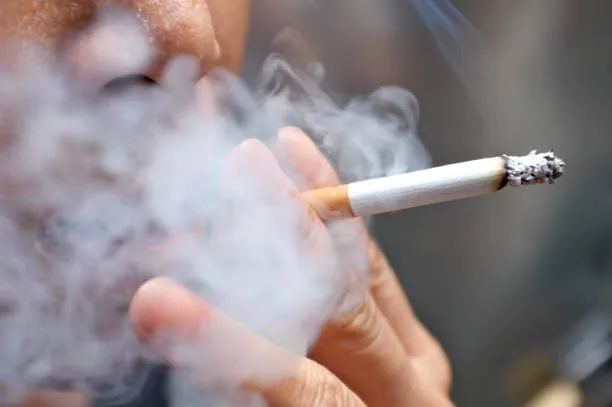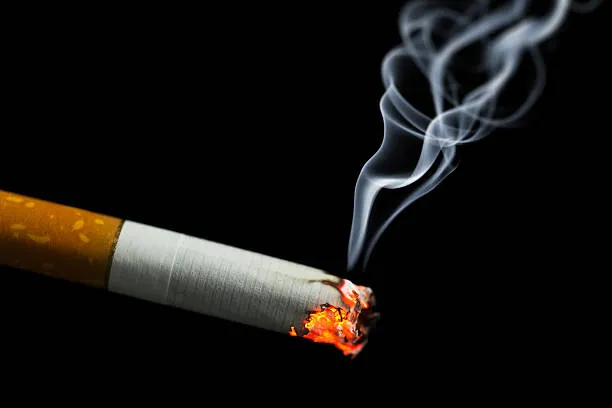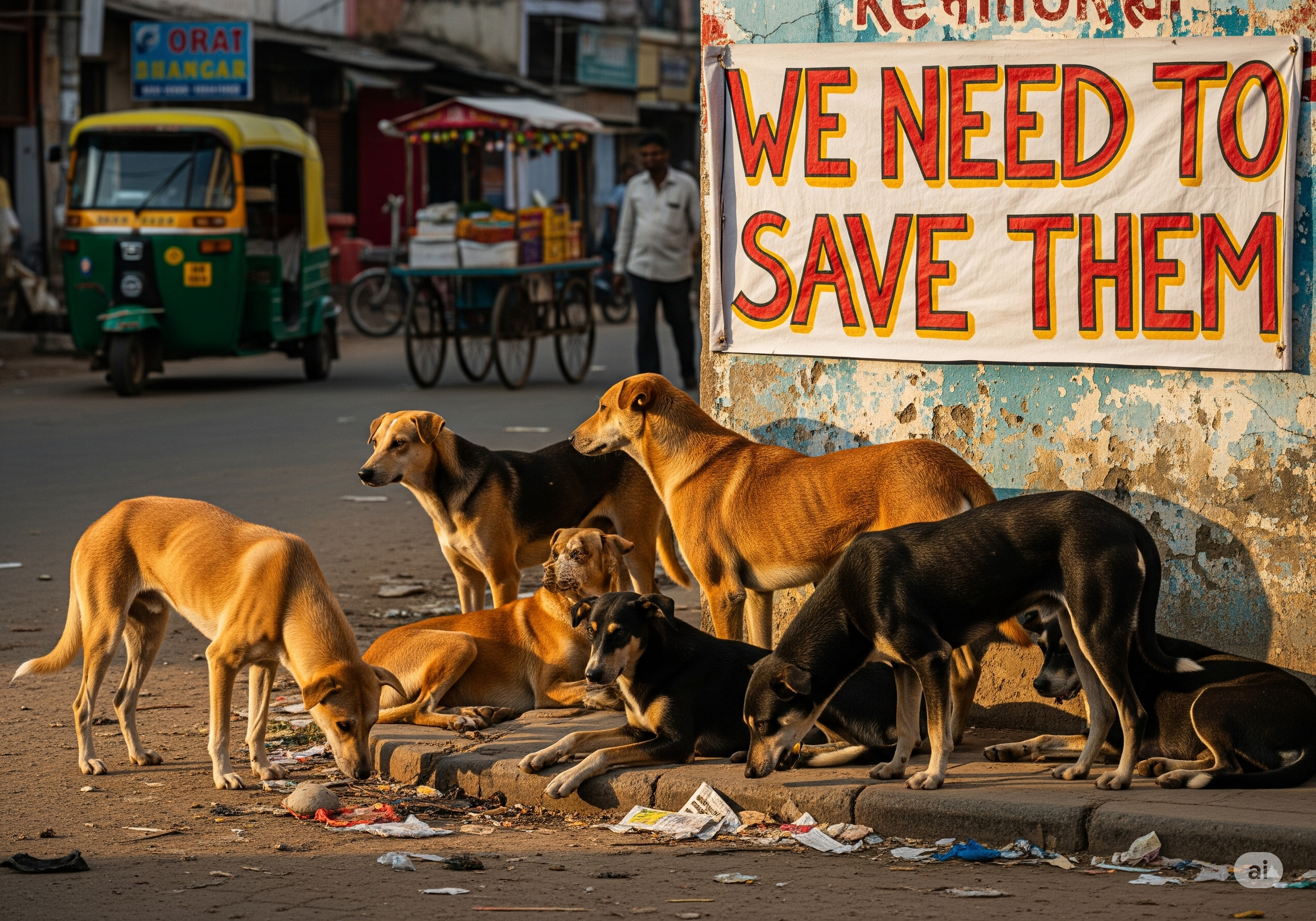Budget 2025: No Hike in Cigarette Taxes – A Win for Tobacco Industry or a Public Health Concern?

The much-anticipated Union Budget 2025 has finally been presented, and one of the key takeaways is the unchanged tax rate on cigarettes. Contrary to expectations from health advocates and economic analysts, Finance Minister Nirmala Sitharaman has chosen to maintain the current excise duties and GST compensation cess on tobacco products. But what does this mean for consumers, the tobacco industry, and public health? Let’s take a deep dive.
Cigarette Tax in India: The Current Scenario
India follows a multi-tiered taxation structure on cigarettes, with duties levied in the form of excise tax and GST compensation cess. Currently, the effective tax burden on cigarettes stands at around 52.7%, significantly lower than the WHO-recommended 75% benchmark. In contrast, bidis are taxed at just 22%, making them the cheapest and most consumed tobacco product in rural India.
Why Was No Increase in Cigarette Tax Expected?
Leading up to Budget 2025, public health experts, anti-tobacco organizations, and economists had urged the government to hike taxes on cigarettes to curb smoking rates and increase revenue. However, industry insiders speculated that the government would refrain from raising taxes to prevent a surge in illicit cigarette trade and avoid economic shocks to tobacco-dependent industries.
Economic & Health Implications of No Tax Hike
1. Impact on Tobacco Industry
The decision to keep cigarette taxes unchanged has been welcomed by leading tobacco manufacturers like ITC, Godfrey Phillips, and VST Industries. Stock prices of these companies surged post-budget, reflecting positive investor sentiment.
2. Revenue Implications
The Indian government earns over ₹50,000 crore annually from tobacco taxation. However, a significant increase in tax rates could have boosted revenue further while discouraging smoking.
3. Public Health Concerns
Medical experts argue that low tax rates lead to higher affordability and increased consumption, especially among youth. India accounts for over 1.35 million tobacco-related deaths annually, and an excise duty hike could have reduced this figure significantly.
What Experts Are Saying
According to a study published in the National Library of Medicine, a 75% tax rate on tobacco products would lead to a substantial decrease in smoking prevalence and generate higher tax revenue without major economic disruptions. Public health advocates believe that maintaining the status quo benefits the industry more than consumers.
Looking Ahead: Will Future Budgets Address the Issue?
The 2025 budget may have skipped a cigarette tax hike, but experts anticipate that future fiscal policies could take a stricter stance, especially with rising global pressure for higher sin taxes. The government might explore non-tax measures such as stricter packaging laws, advertising bans, and public awareness campaigns to tackle tobacco consumption.
Final Thoughts
While the tobacco industry breathes a sigh of relief, health organizations remain concerned about the long-term implications of the decision. The lack of a cigarette tax hike in Budget 2025 highlights the ongoing tug-of-war between economic interests and public health priorities.
Stay Tuned for more updates on BUZZ TIMES













I am extremely impressed along with your writing talents as smartly as with the structure on your weblog.
Is this a paid topic or did you customize it yourself?
Either way stay up the excellent high quality writing, it’s rare to
see a great blog like this one these days. Beacons AI!